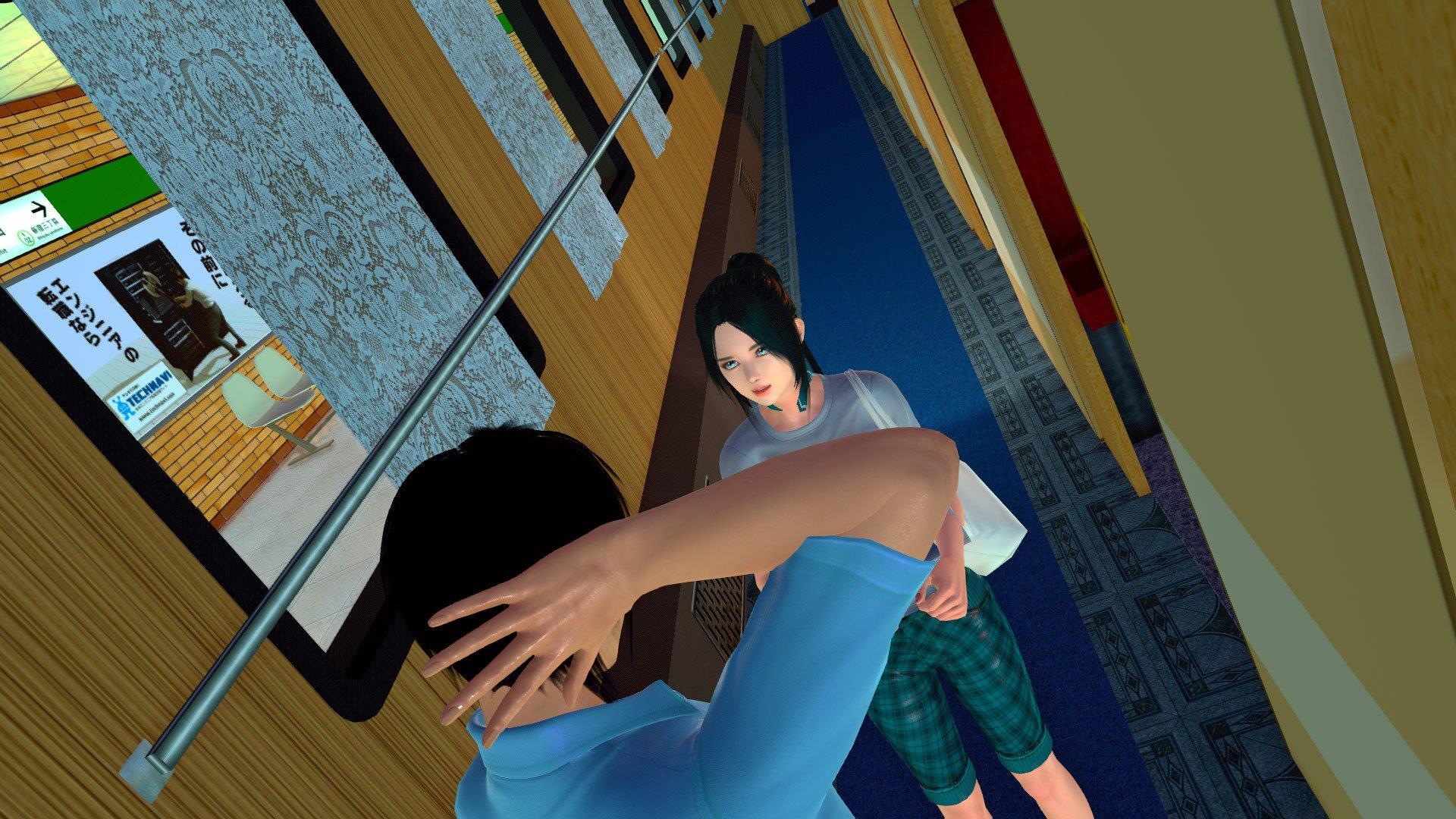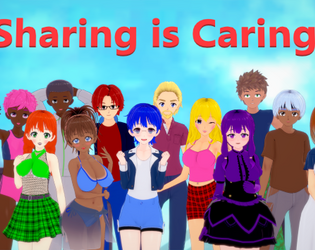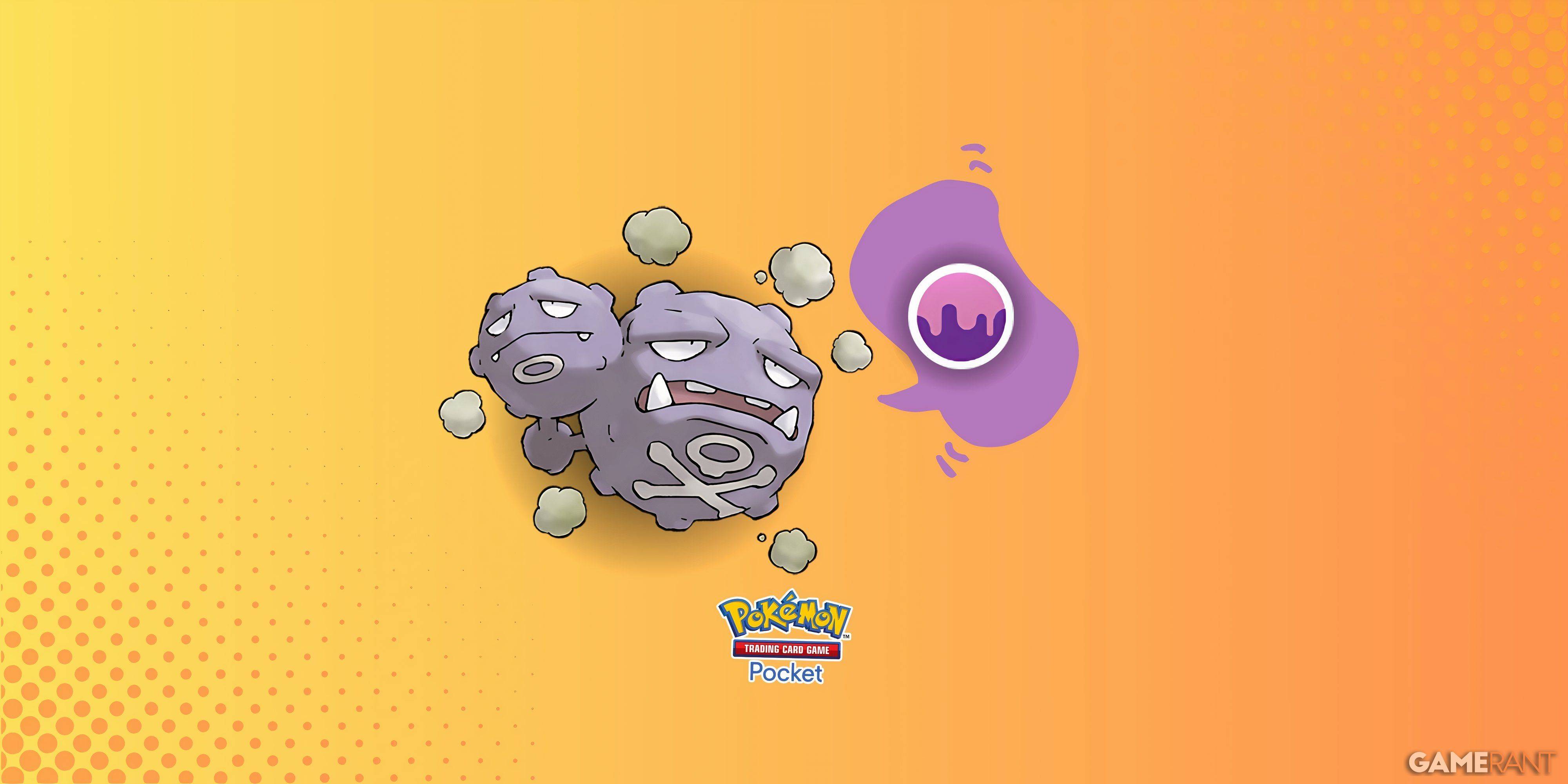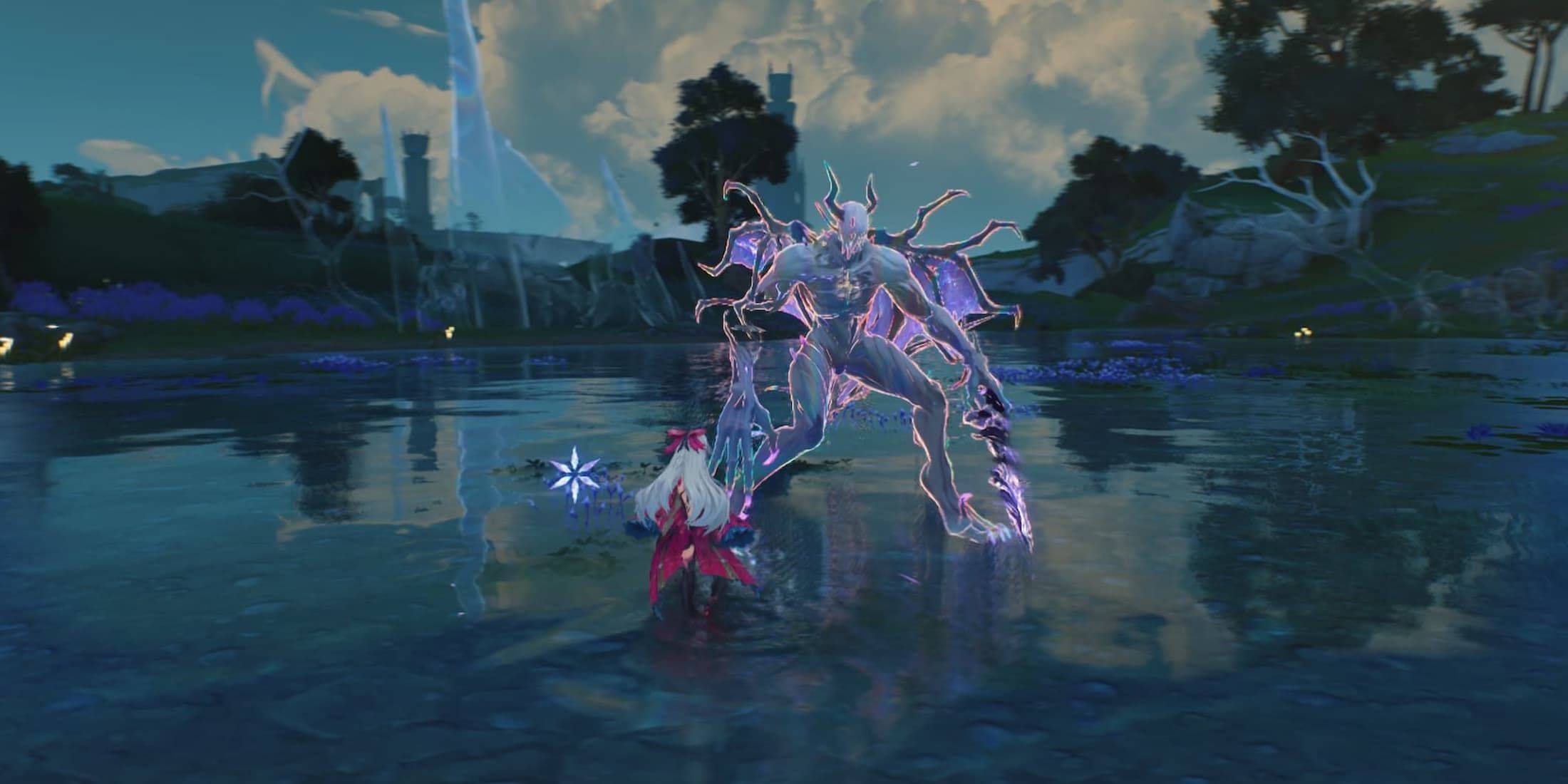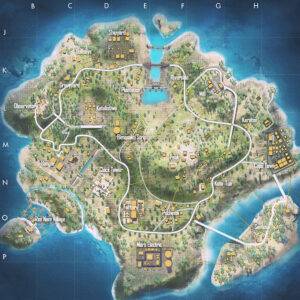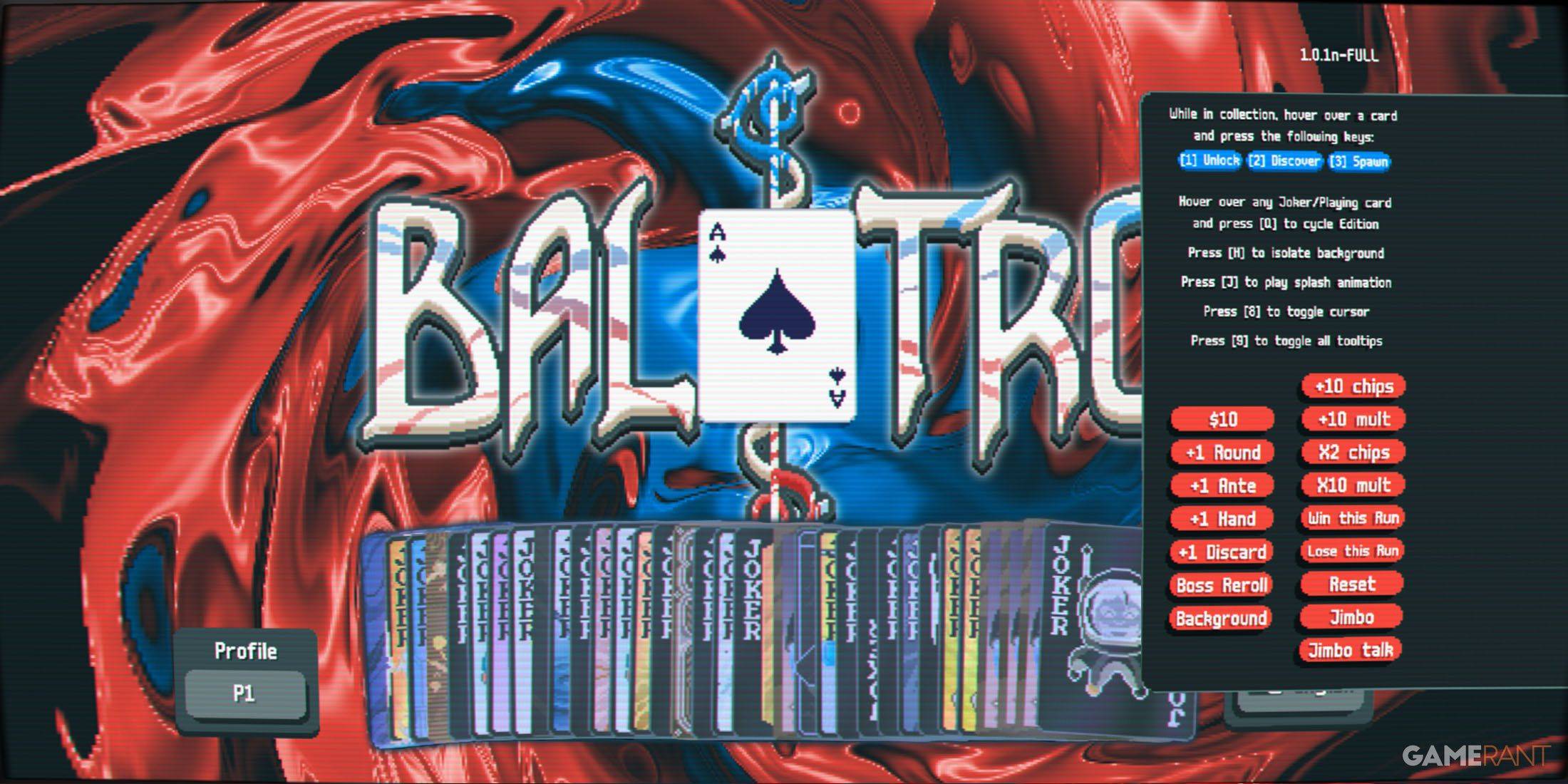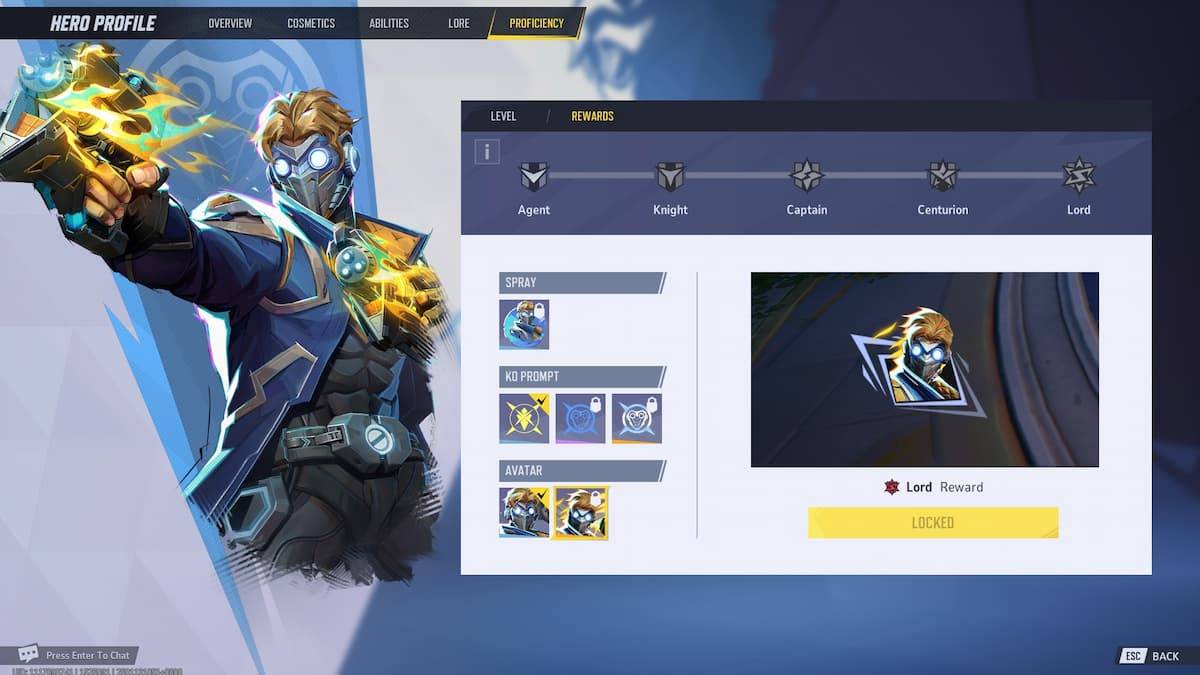NetEase Founder Reportedly Almost Canceled Marvel Rivals Because it Didn't Use Original IP
NetEase's Marvel Rivals has proven to be a smashing success, attracting ten million players within just three days of its launch and generating significant revenue for the company in the subsequent weeks. However, a recent report from Bloomberg reveals that NetEase CEO and founder William Ding was on the verge of canceling the game due to his hesitation about using licensed intellectual property.
Bloomberg's report sheds light on the current dynamics at NetEase, where Ding is aggressively trimming the company's operations. This includes job cuts, studio closures, and a retreat from international investments. The objective is to create a leaner, more focused portfolio to counter a recent slowdown in growth and to stay competitive against giants like Tencent and MiHoYo.
The restructuring efforts reportedly almost led to the cancellation of Marvel Rivals. Sources indicate that Ding was reluctant to pay for the use of Marvel characters and attempted to steer the project towards using original designs. The attempted cancellation reportedly cost NetEase millions, yet the game was eventually released to its current triumphant success.
Despite the success of Marvel Rivals, the downsizing at NetEase continues. Just this week, the Marvel Rivals Seattle team faced layoffs, which the company attributed to "organizational reasons." Over the past year, Ding has also pulled back from investing in overseas projects, having previously made substantial investments in studios like Bungie, Devolver Digital, and Blizzard Entertainment. According to the report, Ding's strategy is to focus on games that can generate hundreds of millions annually, although a NetEase spokesperson clarified to Bloomberg that the company does not set "arbitrary blanket numbers" for assessing a new game's viability.
Employees speaking to Bloomberg have expressed concerns about the internal environment at NetEase, attributing it to Ding's unpredictable leadership style. They describe Ding as someone who makes rapid decisions and frequently changes his mind, pressures employees to work long hours, and has recently placed recent graduates in significant leadership positions. The report also suggests that Ding's decisions have led to the cancellation of so many projects that NetEase might not release any new games in China next year.
NetEase's pullback from game investments coincides with a period of uncertainty within the global gaming industry, particularly in Western markets. The past few years have been marked by widespread layoffs, project cancellations, and studio closures, compounded by the underperformance of several high-budget, high-expectation games.
Latest Articles




![Taffy Tales [v1.07.3a]](https://imgs.anofc.com/uploads/32/1719554710667e529623764.jpg)



